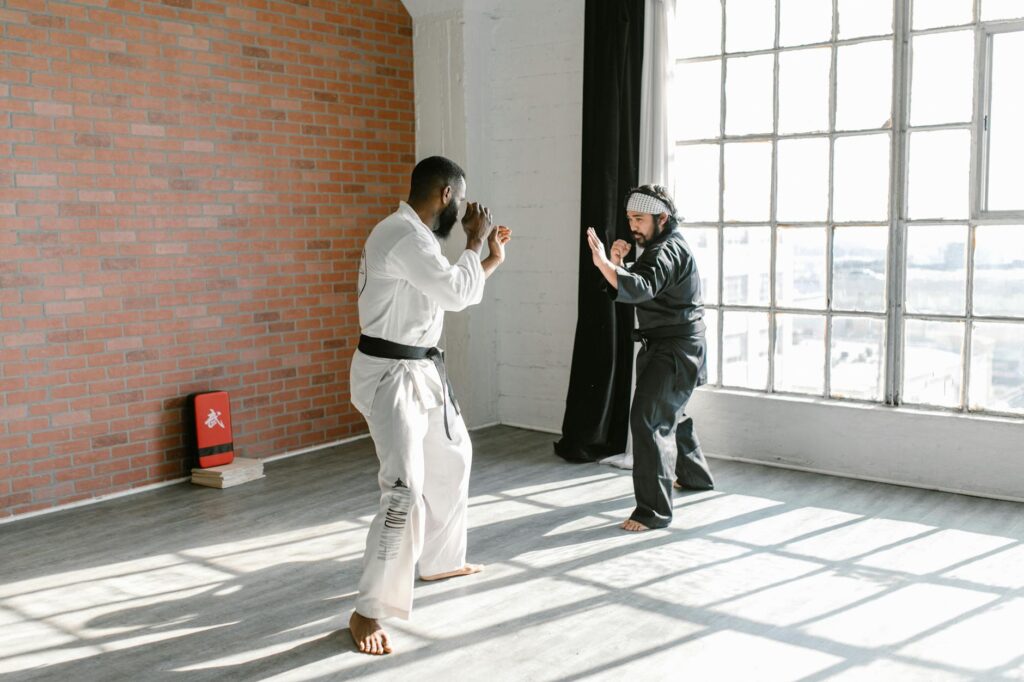What is experimental learning?

What is Experimental Learning?
Experimental learning is a dynamic approach that emphasizes learning through experience. It’s about transforming knowledge into practical skills by actively engaging in real-world scenarios. This method has gained traction for its effectiveness in personal development and enhancing study habits. By immersing ourselves in new experiences, we pave the way for deeper understanding and retention of information.
Understanding Experimental Learning
At its core, experimental learning involves hands-on participation in activities followed by reflection. This approach encourages individuals to learn through direct experience rather than traditional lecture-based methods. By doing so, learners develop a more profound grasp of concepts and ideas.
Definition and Key Concepts
The term “experimental learning” is often intertwined with “experiential learning,” which refers to learning by doing. Unlike conventional education, which may focus on memorization and passive learning, experimental learning thrives on active involvement and engagement. Key principles include:
- Active Engagement: Learners participate directly in the learning process.
- Reflection: Individuals reflect on their experiences to derive insights and lessons.
- Application: Learners apply their newfound knowledge to real-life situations.
This method not only enhances learning but also builds confidence and critical thinking skills.
Historical Background
The roots of experimental learning can be traced back to educational theorists such as John Dewey and David Kolb. Dewey emphasized the importance of experience in the learning process, advocating for education that connects theory with practice. Meanwhile, Kolb developed a model outlining the stages of experiential learning, which remains foundational today. His model highlights the cyclical nature of learning, where experiences lead to reflection, conceptualization, and experimentation.
The Process of Experimental Learning
Understanding the stages of experimental learning can help you effectively apply this approach in your life. The process typically involves four key stages:
Concrete Experience
In the first stage, learners engage in a new experience. This could range from a hands-on project at work to participating in a community service event. The idea is to immerse yourself fully in the situation, allowing for direct interaction and involvement.

Photo by RDNE Stock project
Reflective Observation
After an experience, it’s essential to reflect on what happened. In this stage, you analyze your actions and the outcomes, considering what went well and what could be improved. This reflection is crucial for understanding the implications of your experiences and how they can inform future actions.
Abstract Conceptualization
Based on your reflections, you can begin to develop theories or ideas. This stage involves synthesizing your observations into broader concepts, which can then influence your understanding of similar future experiences. You might ask yourself questions like: What did I learn? How does this connect to what I already know?
Active Experimentation
Finally, the insights gained from reflection and conceptualization lead to active experimentation. Here, you take what you’ve learned and apply it in new situations. This stage emphasizes the practical application of knowledge, allowing you to test your theories in real-world contexts.
Benefits of Experimental Learning
Adopting experimental learning as a productivity technique can yield numerous advantages:
Enhances Critical Thinking Skills
Engaging actively in learning processes promotes deeper engagement and critical thinking. By analyzing experiences and challenging preconceived notions, you cultivate a mindset that values inquiry and problem-solving. This approach fosters adaptability, an essential skill in today’s ever-changing world.
Increases Retention and Application of Knowledge
Hands-on experiences bolster memory retention and practical application. Studies show that learners who engage in experimental learning retain information longer and transfer it more effectively to real-world scenarios. This method bridges the gap between theory and practice, making knowledge tangible.
Fosters Personal Growth and Self-Discovery
Experimental learning encourages self-discovery and personal growth. By stepping outside comfort zones and embracing new experiences, individuals develop resilience and confidence. This can lead to a better work-life balance as you learn to navigate challenges with a positive mindset.
Implementing Experimental Learning in Everyday Life
Incorporating experimental learning into your daily routine can be straightforward. Here are some practical tips to make the most of this approach:
Creating Learning Opportunities
Look for or create opportunities for experiential learning. This could involve volunteering, taking on new projects at work, or participating in workshops. Engaging in diverse settings exposes you to different perspectives and enriches your learning experience.
Reflective Practices
Cultivate reflective practices after your experiences. Journaling is a powerful tool for reflection—take time to jot down your thoughts, insights, and feelings about an experience. This habit can help you clarify your understanding and identify areas for improvement.
Conclusion
In summary, experimental learning is a robust approach that enhances productivity, personal development, and effective study habits. By embracing this method, you not only make learning more engaging but also empower yourself to apply knowledge in meaningful ways. Whether you’re a student, a professional, or simply someone eager to grow, experimental learning can be your key to unlocking new potentials. So, take the plunge into experiential learning and watch as it transforms your understanding of the world around you! For more insights on the importance of experiential learning, visit Kent State’s overview of experiential learning.